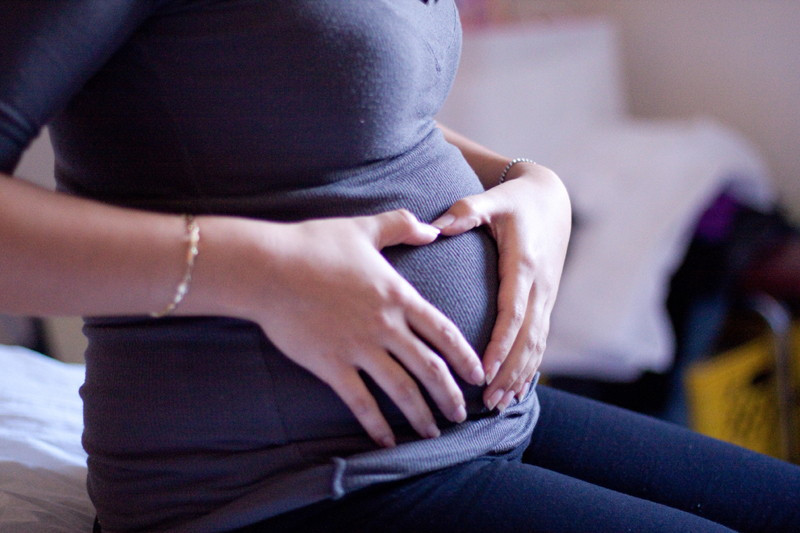Southern Manitoba to get midwifery program
Expanded program will help fulfill need, university college president says
Southern Manitobans interested in becoming midwives will get a helping hand from the provincial government.
With an additional $400,000 per year, the midwifery program at the University College of the North (UCN) in The Pas, Man., is set to expand its program to southern Manitoba starting later next year.
“There is a great need for midwives and for midwifery to be taught in Manitoba and throughout Canada,” said Dr. Denise K. Henning, president and vice-chancellor of UCN.
Although all details aren’t yet clear, the program will run along similar lines to the one in the north and will allow for eight new students next year, said Henning.
“The midwifery program is very intensive, so it can only be taught with small groups of people. The midwives are working on the front line, face-to-face with pregnant women.”
Prior to the expanded program, anyone interested in becoming a midwife would either have to leave the province and study abroad or, if they were Aboriginal, apply to the program at UCN in The Pas or Norway House. The new southern program allows anyone to apply and will most likely be in Winnipeg or Brandon.
“ The hope is that this program will strengthen rural and aboriginal communities.
Megan Wilton, incoming president, Midwives Association of Manitoba
This comes as good news to Elise D’Awson, a fine arts student at the University of Manitoba.
“I’ve been looking into the various programs across the country and am very interested in applying, but until now have been put off by having to leave the province,” she said.
When asked why she is interested in becoming a midwife, D’Awson explained: “It’s important for me to be able to give back to the community. Midwifery is important because it reconnects women with childbirth, which for so long in the West has been taken away and institutionalized.”
Midwives provide primary care to low-risk women throughout their pregnancy, labour and birth. They also provide care to both mother and baby for the six weeks following the birth.
Megan Wilton, incoming president of the Midwives Association of Manitoba, said midwifery is especially important in rural areas.
In rural Manitoba areas where birthing facilities do not exist, a woman without a midwife would normally be flown to Winnipeg five to six weeks before her due date. She would be completely separated from her support structure until she returns home after the birth.
“Birth is an important part of the social fabric. Removing people during this time is detrimental to the community,” said Wilton. “The hope is that this program will strengthen rural and aboriginal communities.”
Published in Volume 64, Number 14 of The Uniter (December 3, 2009)








